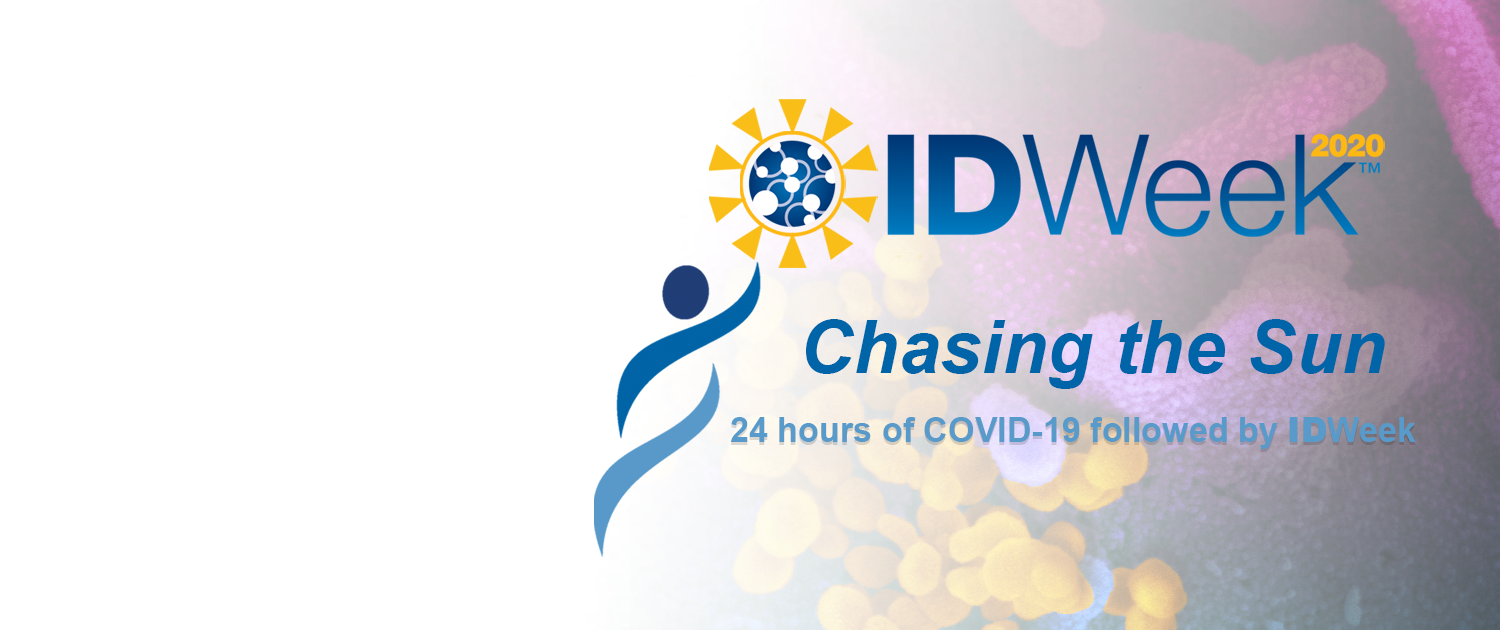
Genital Herpes, From Stigma to Treatment

At IDWeek 2023, a session illuminates the importance of accurate diagnosis, current treatments, and what is on the horizon for HSV.
(Editor's note: A version of this article originally appeared on our sister website, Contemporary Pediatrics:
During her presentation at IDWeek 2023 titled "Broadening the Horizons of Genital Herpes Management," Anna Wald, a professor at the University of Washington in Seattle, explored the intricate landscape of the herpes simplex virus (HSV). From the social stigma surrounding it to the intricacies of diagnosis and treatment, Wald underscored the importance of a compassionate, all-encompassing approach to HSV care.
Herpes, for reasons not completely known, holds a unique position among sexually transmitted infections, often being a subject of mockery and humor. Personal anecdotes, such as a man's story of betrayal and abandonment, or a woman's decades-long challenge of dealing with diminishing self-esteem, vividly illustrated the profound emotional toll that an HSV diagnosis can exact. These accounts served as poignant reminders of the imperative need for empathy and non-judgmental care in the realm of medicine.
For the effective management of HSV, accurate diagnosis remains the linchpin. Wald stressed the significance of swabbing the affected area for PCR testing when symptoms are present. Relying solely on visual diagnosis has proven to be misleading, with up to one in five experienced STI clinicians mistakenly identifying a lesion as HSV. Additionally, distinguishing between HSV-1 and HSV-2 is crucial, given the heightened recurrence rate associated with genital HSV-2 compared to HSV-1.
While commercially available EIA tests for HSV detection are readily accessible, they frequently necessitate confirmatory tests, with only a fraction of low-positive results ultimately being verified as true positives. Wald highlighted the HSV Western blot as the most reliable method for HSV antibody detection and directed both healthcare providers and patients to
The landscape of HSV treatment has evolved over the past few decades. Nucleoside analogues have proven their effectiveness in reducing recurrence and transmission while demonstrating long-term safety. Looking ahead, Wald discussed the potential of emerging drugs such as helicase-primase inhibitors, which could usher in a new era of potent treatments, albeit with potential safety considerations.
The pursuit of an effective HSV-2 vaccine continues. Therapeutic vaccines hold promise in decreasing viral shedding and recurrence, but prophylactic vaccines face challenges, particularly due to the low incidence of HSV-2 in the United States and market uncertainties on a global scale.
One of the most promising frontiers in HSV research is gene editing. Given the virus's latency in a limited number of neurons within a few ganglia, Wald noted that "HSV is an ideal candidate" for such interventions. Current methodologies center around eradicating HSV DNA, offering the tantalizing prospect of a potential cure.
Wald also stressed the importance of patient education by shedding light on the prevalence of fraudulent treatments available online. As 2 illustrative examples, she highlighted a $1500 care package of purportedly natural, organic supplements guaranteeing a "negative blood test result," and another book claiming to cure herpes through an alkaline diet.
In her concluding remarks, Wald reiterated that the care of individuals with HSV should be grounded in empathy and tailored to each person's unique circumstances. Healthcare practitioners should not strive to address every concern in a single visit, and, above all, Wald poignantly reminded her audience that "you will be remembered," underscoring the enduring impact that healthcare professionals leave on a patient's life.
Reference
Wald, A. Genital herpes: broadening the horizons of management. IDWeek 2023. October 14, 2023. Boston, Massachusetts.
Newsletter
Stay prepared and protected with Infection Control Today's newsletter, delivering essential updates, best practices, and expert insights for infection preventionists.




